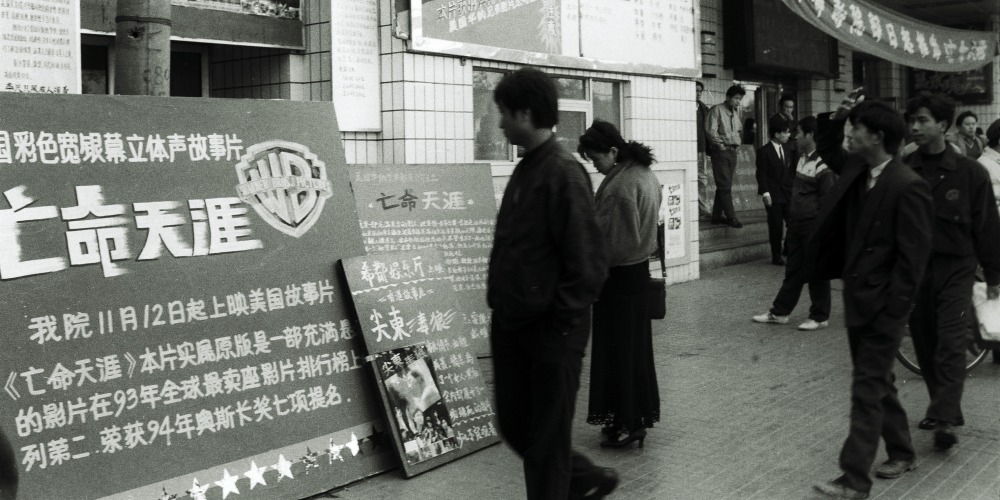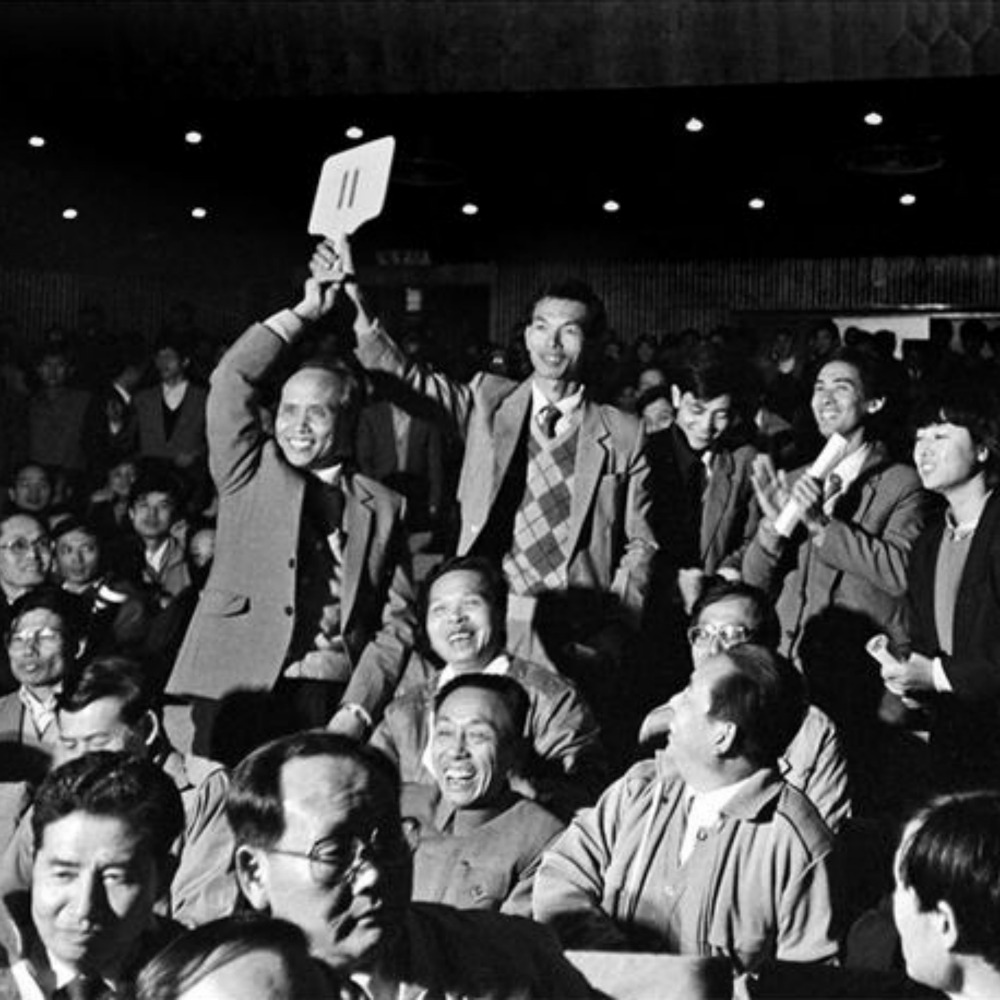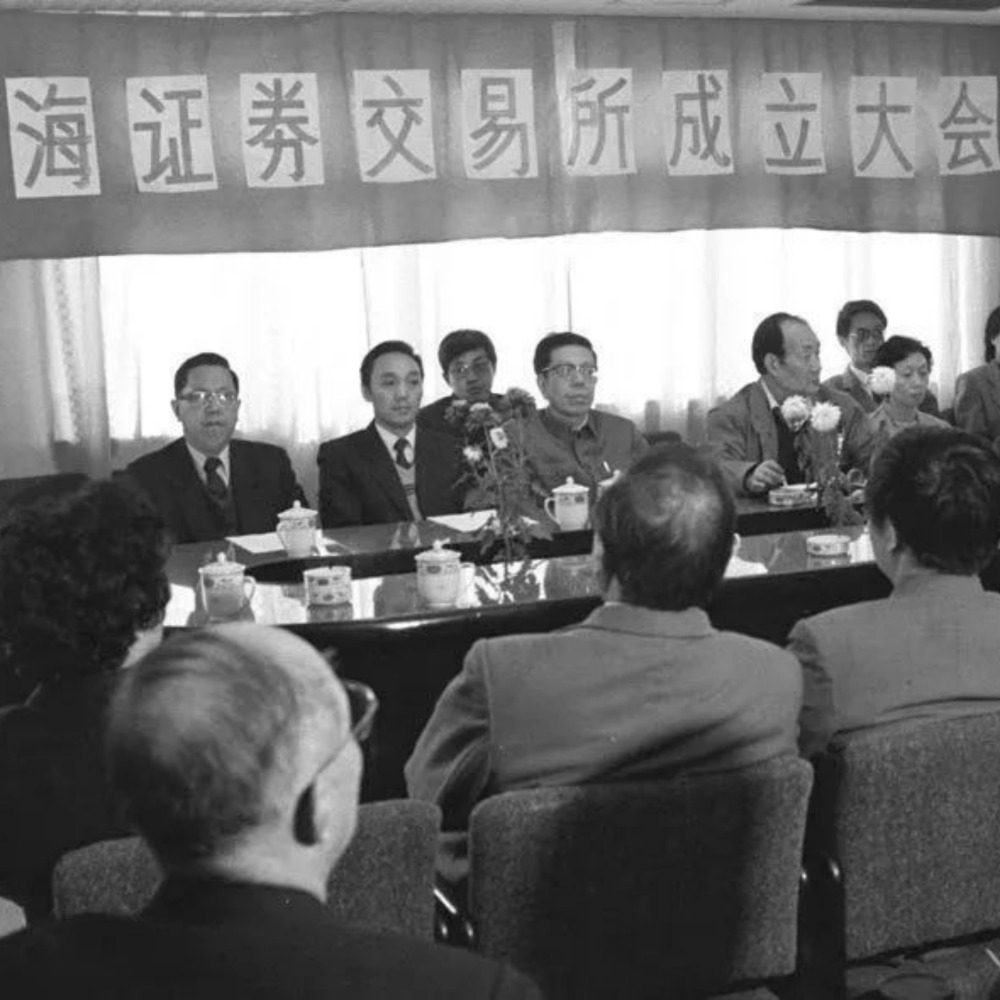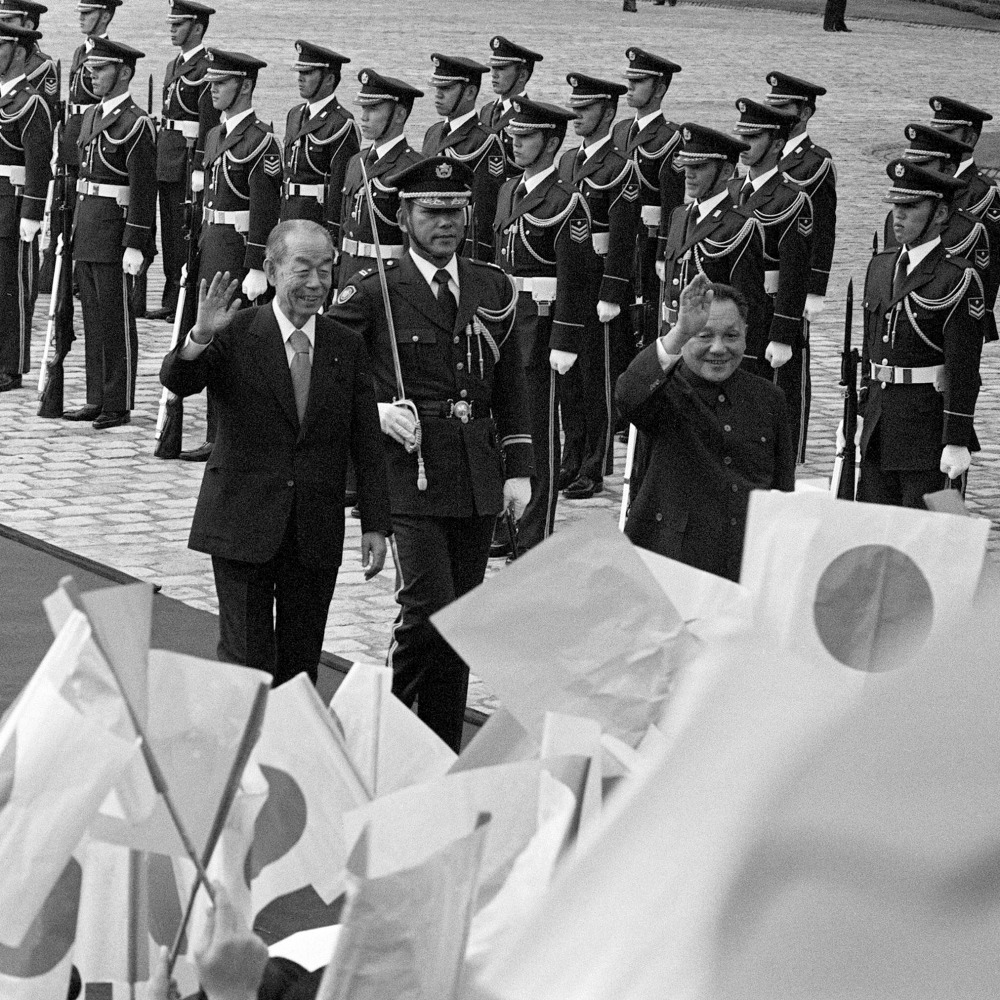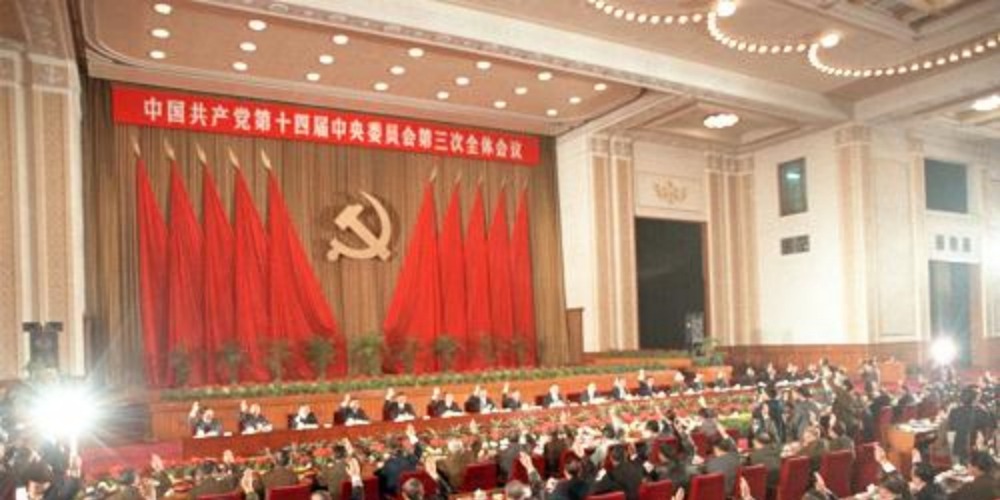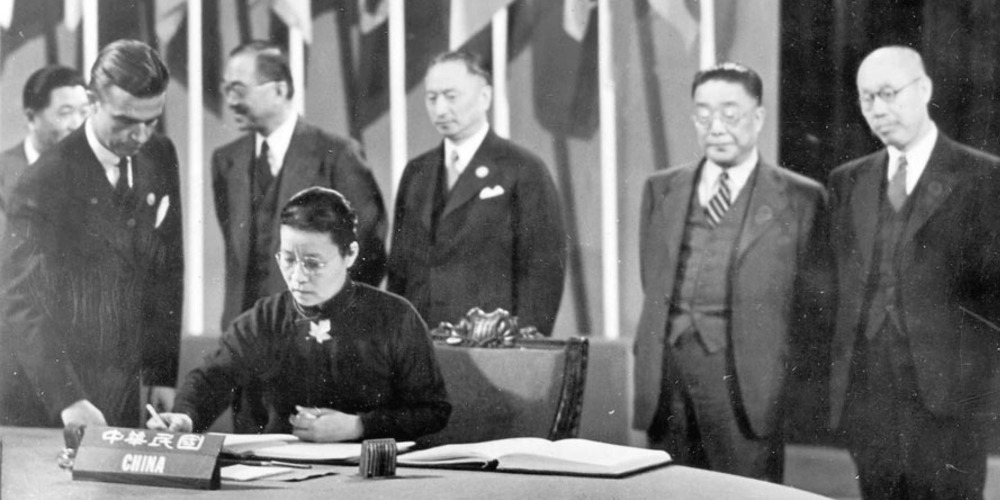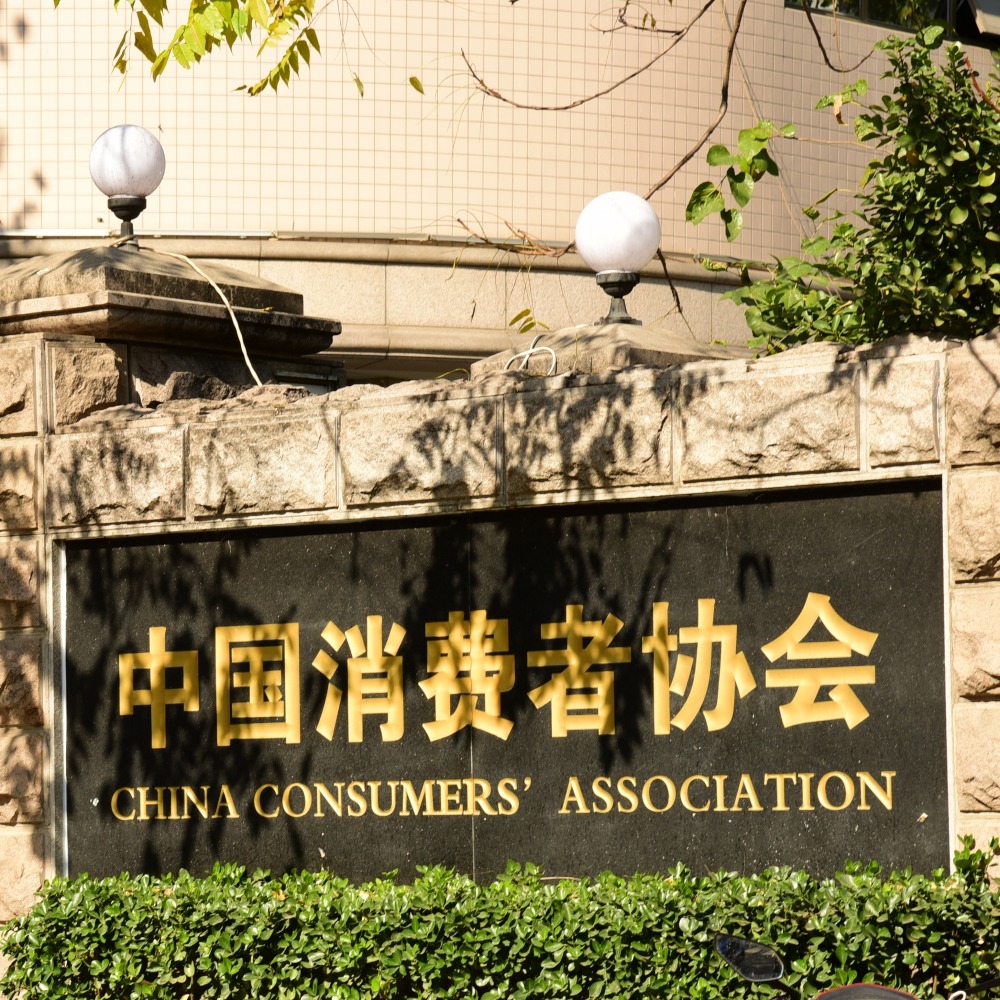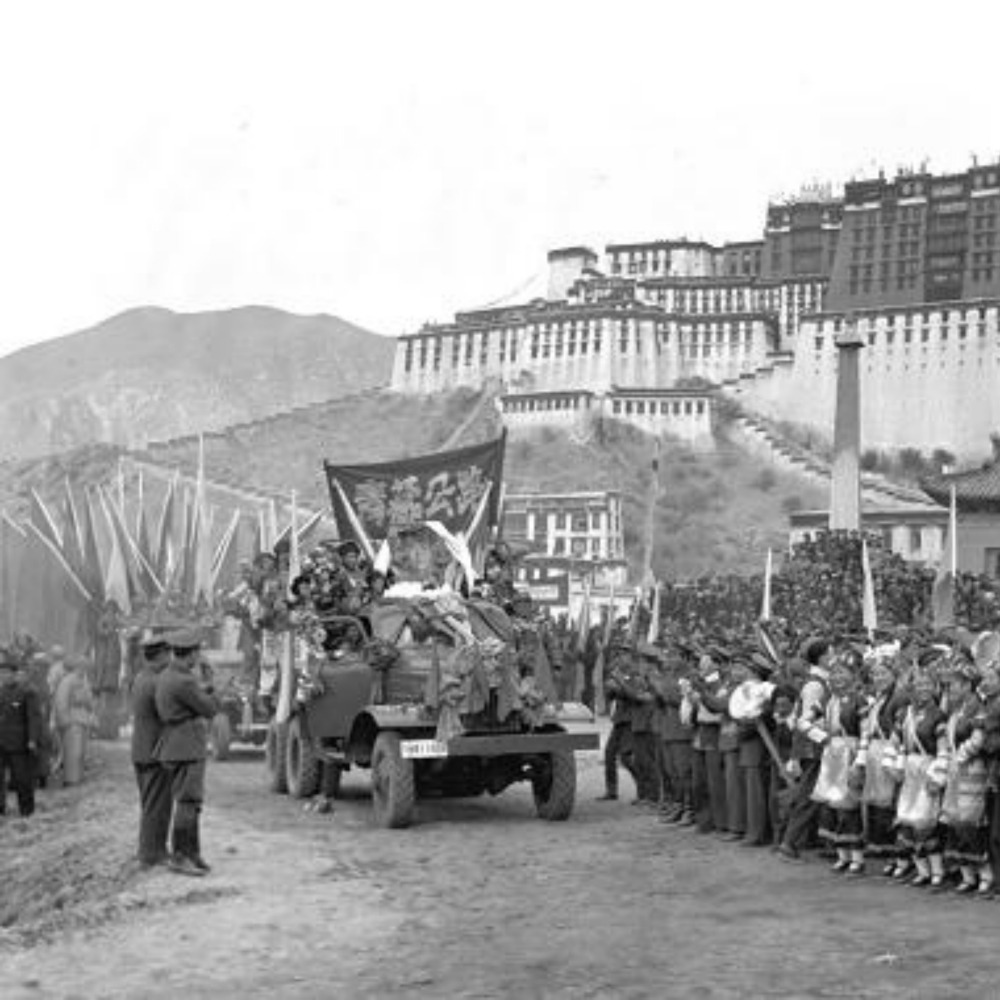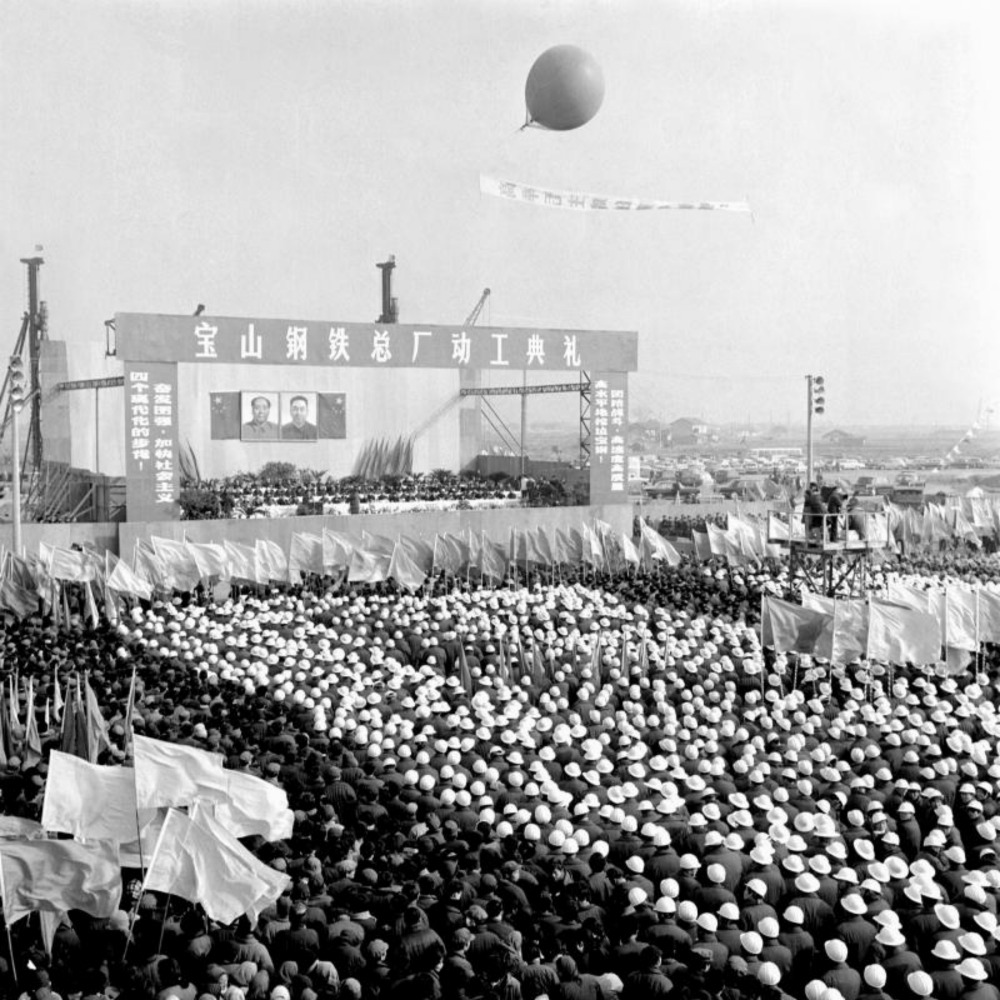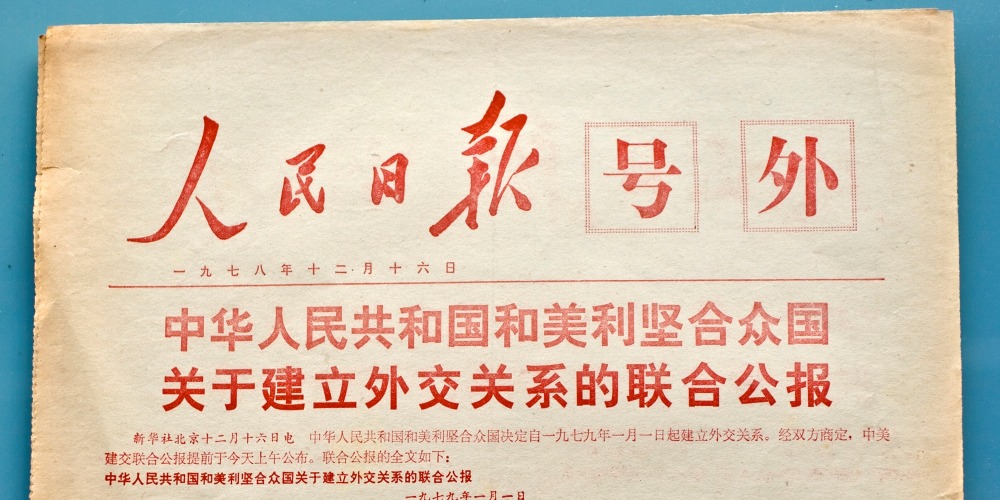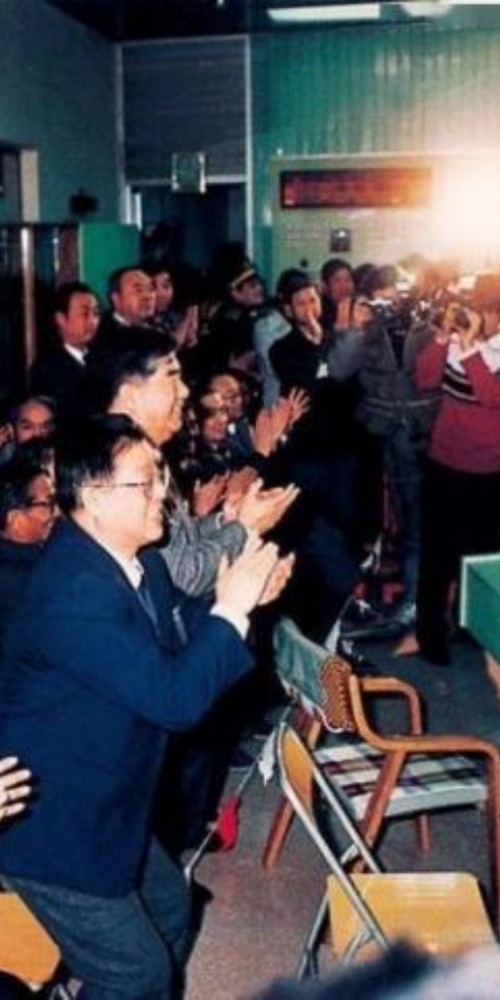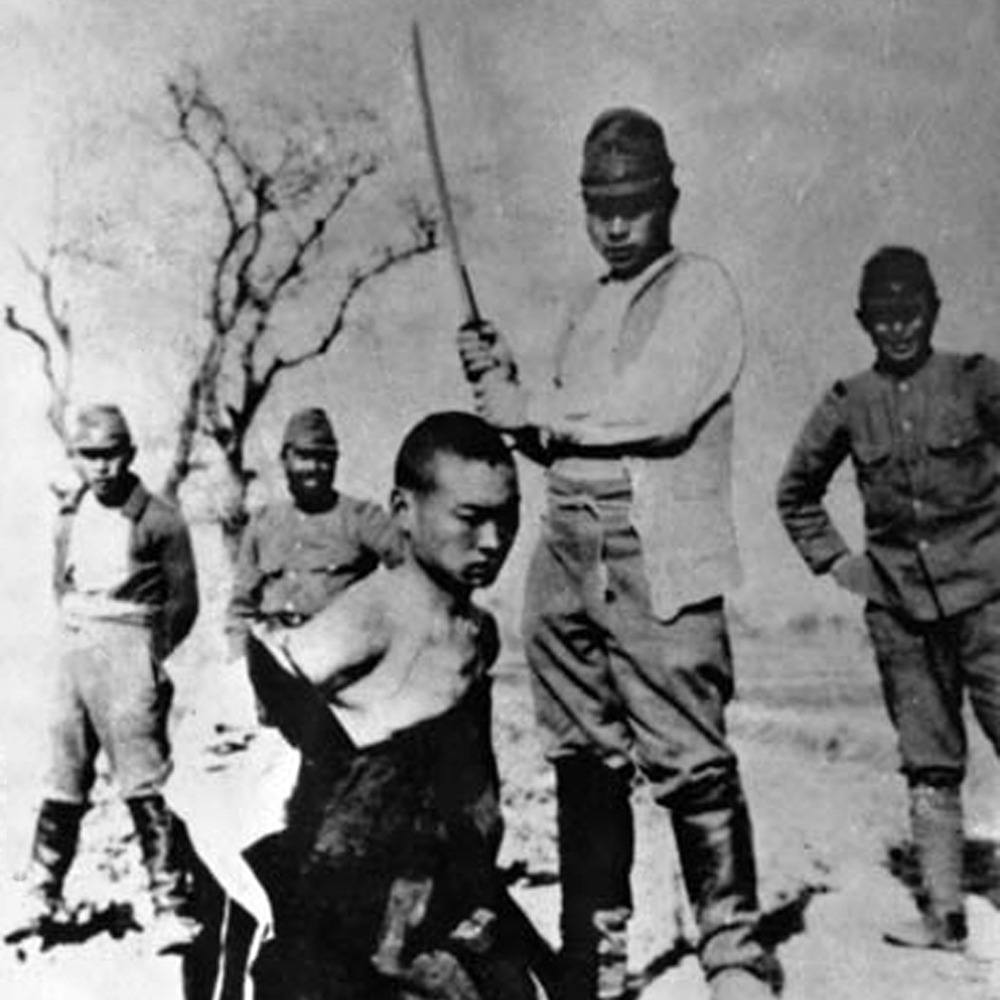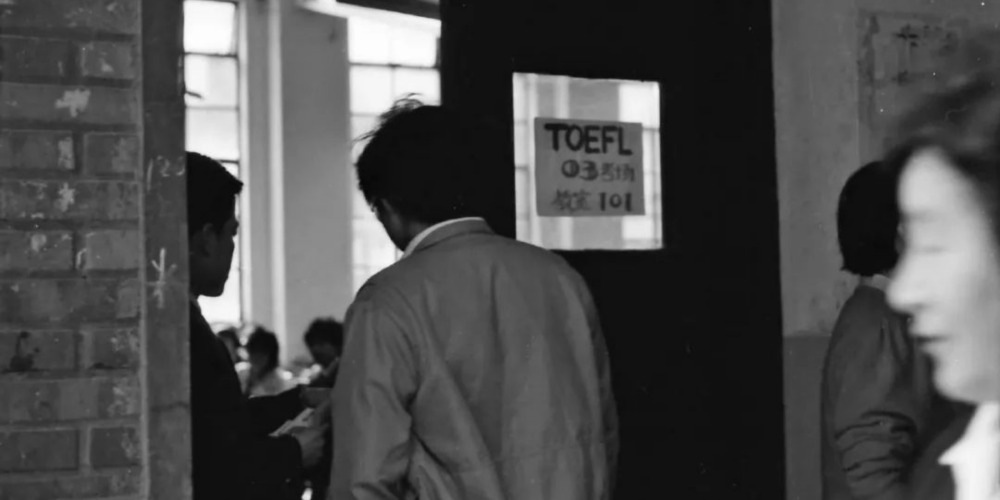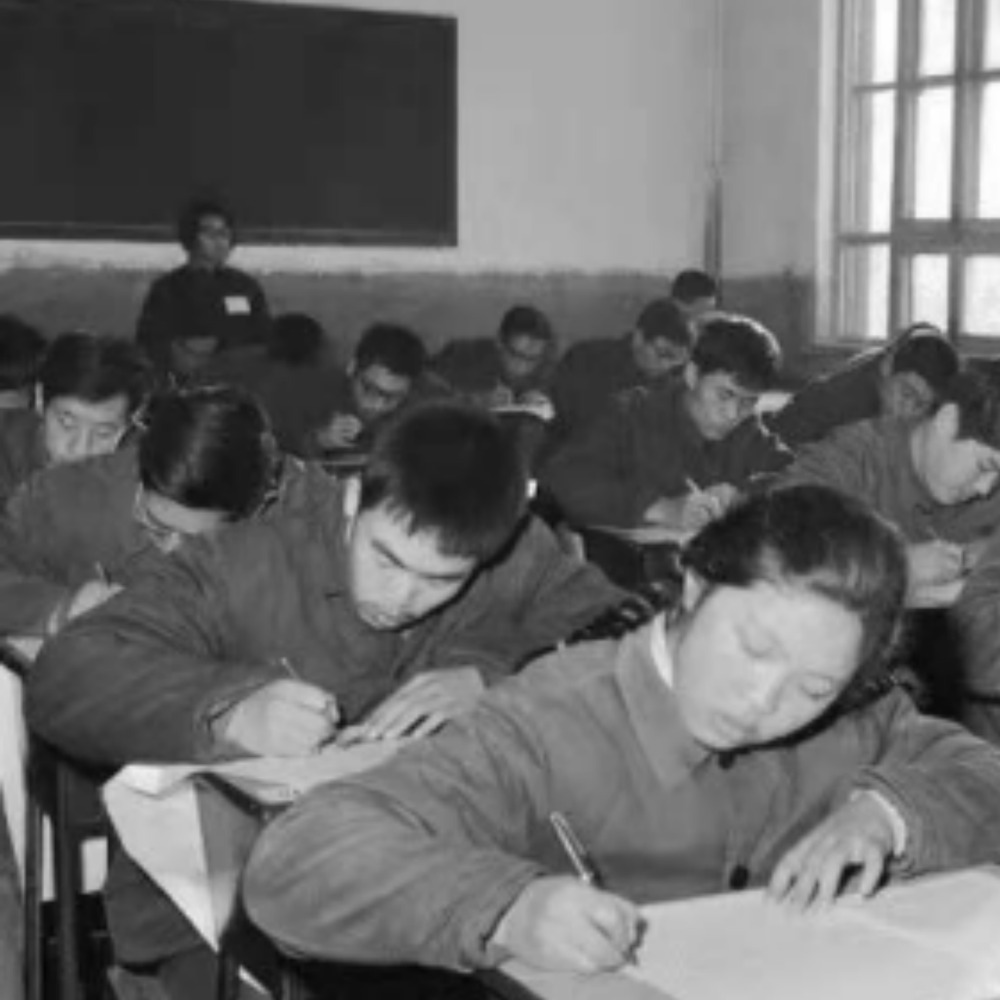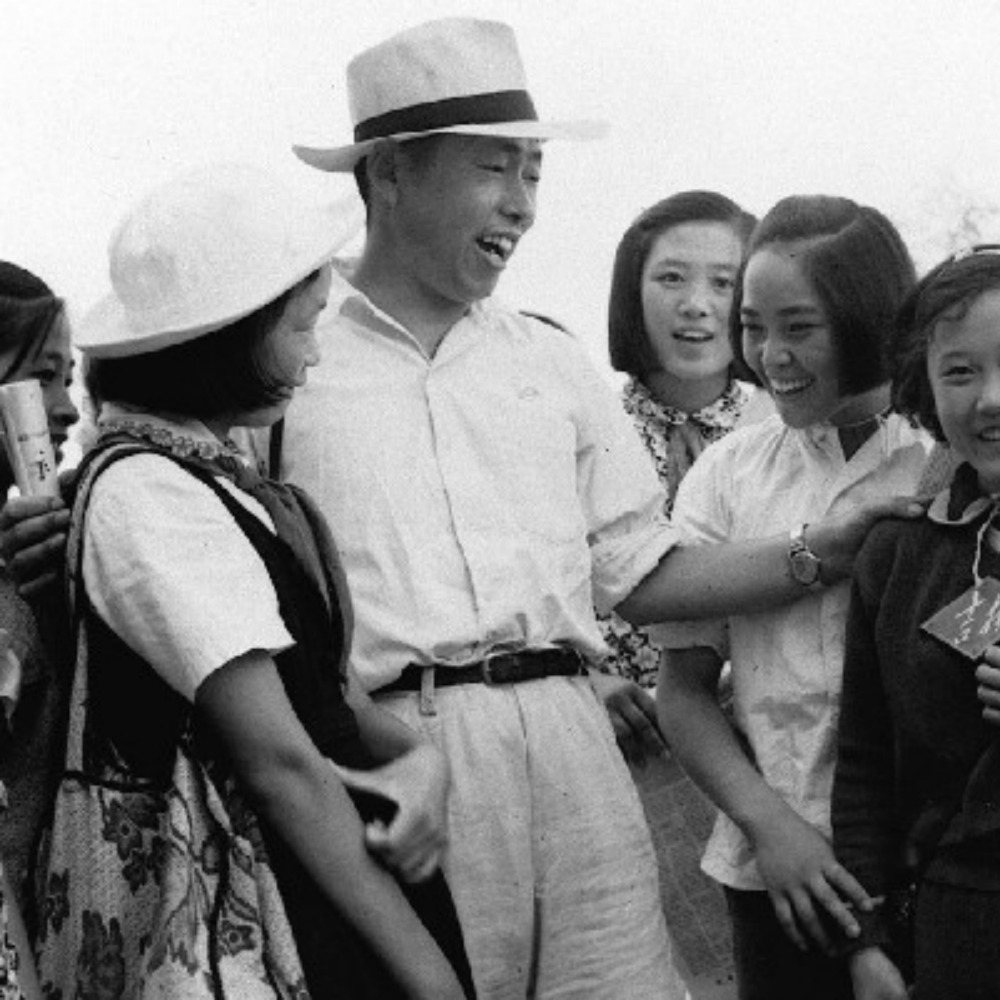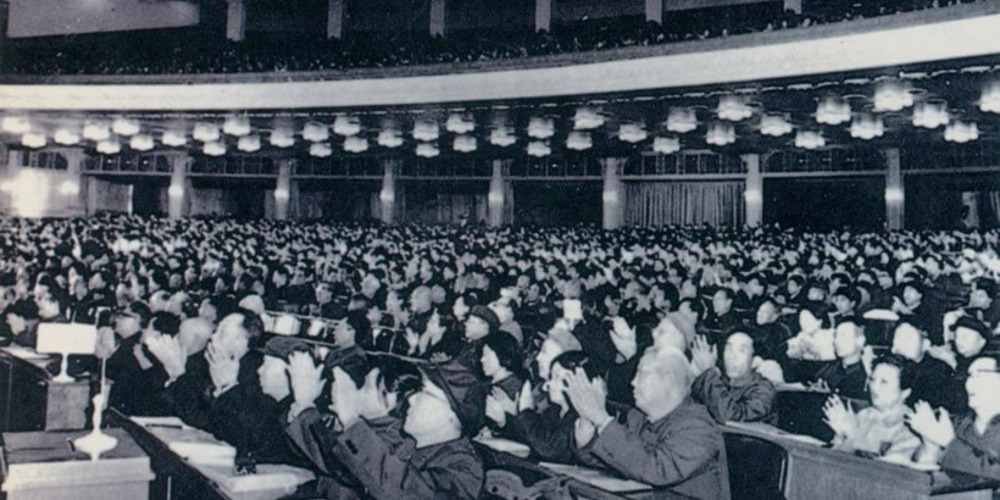Published : 2024-11-12
On November 12, 1994, the first foreign film with a box office revenue-sharing model in China, The Fugitive, was released.
The so-called "box office revenue-sharing" means that the producer does not sell the distribution rights of the film completely but entrusts an intermediary agency for distribution.
The production side, the producer, the distributor, and even the screening units share the box office revenue based on a pre-agreed ratio, sharing both benefits and risks.
Before 1993, China's film industry maintained a planned economy model of "planned purchase and supply", with the China Film Corporation responsible for distributing all films, and box office revenue was distributed according to a fixed ratio.
Though China's film industry saw a resurgence after the Reform and Opening-up, the old system resulted in most films being of poor quality and disconnected from audience demand, which led to a rapid market shrinkage.
In January 1993, the "Third Document," officially known as "Several Opinions on Deepening the Reform of the Film Industry Mechanism at Present" and its implementation rules, were issued, breaking the monopoly situation.
The China Film Corporation, which was responsible for film import operations, received the mandatory task in early 1994 to import 10 foreign films annually.
After several months of preparation, it finally reached an agreement with Warner Bros. of the United States to use the globally accepted box office revenue-sharing model, allowing foreign films to be released in China.
The first blockbuster was The Fugitive, starring Harrison Ford and Tommy Lee Jones.
The initial screening of The Fugitive lasted one week and took place in six locations: Shanghai, Tianjin, Beijing, Zhengzhou, Chongqing, and Guangzhou.
It attracted 1.39 million viewers and generated astonishing 11.27 million CNY of box office revenue.
